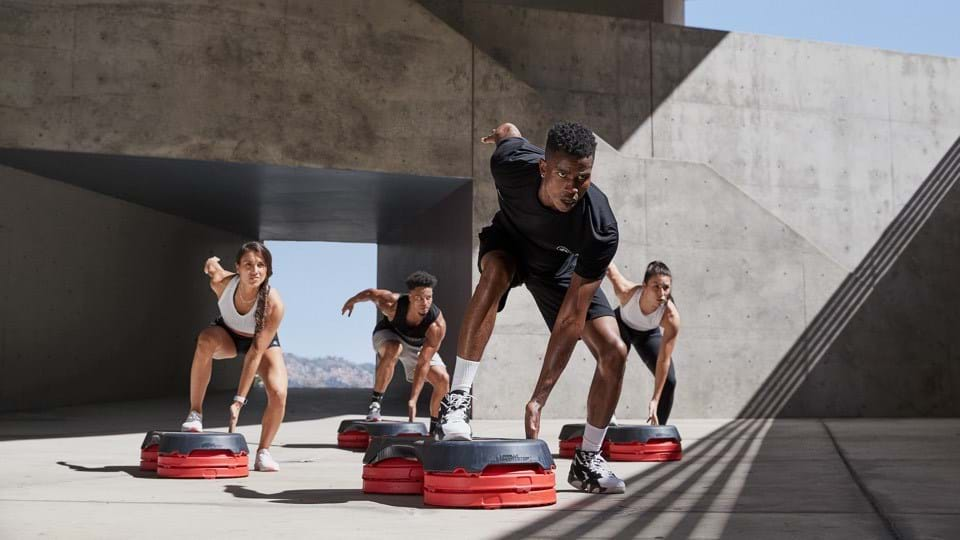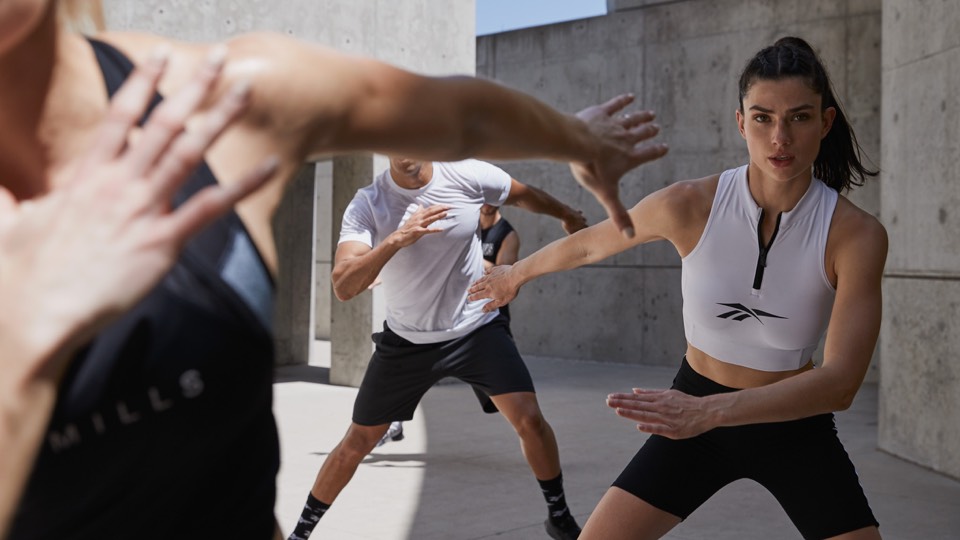High-intensity interval training (HIIT) can be a killer workout. A good HIIT session will push you to the point where your thumping heart feels it may jump out of your chest and your lungs are gasping. You may feel like you’re on death’s door, but intriguing new research suggests you couldn’t be further from it.
The life-prolonging potential of high-intensity interval training has just been highlighted in a Norwegian study titled Generation 100. Unprecedented in scale, the research kicked off back in 2012 when scientists recruited 1,500 men and women aged 70-77 years to explore how exercise may extend life expectancy.
The participants were randomly divided into three groups. Then, over five years, one group completed two HIIT workouts a week, and another did 50 minutes of steady-state moderate-intensity training twice a week – either with an Instructor or on their own. The final control group was advised of the health authorities’ exercise recommendations, but did no organised training.
After five years of regular testing, the researchers concluded that HIIT had the most dramatic effect on quality of life and fitness levels. "Both physical and mental quality of life were better in the high-intensity group after five years than in the other two groups. High-intensity interval training also had the greatest positive effect on fitness" says Stensvold Dorthe Stensvold, Professor, NTNU.
The HIIT workouts may have also extended lives. The group that did HIIT had the smallest number of deaths – just three percent of the participants had died after five years. Six percent of those doing moderate exercise passed away. Stensvold says the difference is not statistically significant, but the trend is very clear.
"The high-intensity training increased participants' conditioning the most after the first, third, and fifth years. We know that better fitness is closely linked to lower risk of premature death, so this improvement may explain why the high-intensity group apparently had the best survival rate" says Stensvold.
So does HIIT actually prolong life? Stensvold certainly believes so. "I'd like to answer with a clear and unequivocal yes, because we believe that this is true”. However, she notes that because so few of the Generation 100 participants died (compared to what's expected in this age group) this is also likely to be associated with their high motivation to train – they all opted into the program – and their relatively good health.
What we do know for sure is that you’re never too old to leverage the transformative benefits of HIIT.
Read on to discover more of the science behind HIIT ...
STUDY OUTLINES OPTIMUM WEEKLY DOSE OF HIIT

How much HIIT should you aim for? Ground-breaking research highlights that it’s intensity, not volume, that delivers HIIT’s transformative results. According to experts, success relies on carefully-measured doses of HIIT and adequate recovery between sessions. “The recovery period is when all the positive adaptations and developments take place and insufficient recovery can reduce your training’s effectiveness,” says lead researcher Dr. Jinger Gottschall.
DISCOVER THE SCIENCE-BACKED WAY TO SET YOUR HIIT WORKOUT SCHEDULE
RESEARCH REVEALS HOW THE FIT GET FITTER

If you’re a regular exerciser, or an athlete looking to advance your fitness, what should you do? Science says add HIIT to the mix. Bryce Hastings, Les Mills Head of Research notes that with just two time-efficient workouts a week you can see significant changes in your fitness and body composition, lower the risk factors for cardiovascular disease, and smash through your fitness plateau.
FIND OUT WHAT HAPPENS AFTER SIX WEEKS OF HIIT
HOW HIIT TARGETS DANGEROUS VISCERAL FAT

High-intensity interval training is known to burn serious amounts of fat, seriously fast. But not just any fat. Researchers from Cyprus have found that specific forms of HIIT can be key to cutting the dangerous visceral fat from your tummy.
LEARN HOW TO CARVE INCHES FROM YOUR WAISTLINE
EXPERT OPINION: HOW HIIT IMPACTS YOUR SLEEP

What happens if you get hooked on HIIT? According to Dr. Jinger Gottschall, too much time with your heart rate in the extreme zone can mitigate spikes in cortisol production and cause a training plateau. It can also negatively impact your sleep quality, mood and energy levels. Gottschall says the secret is to stick to the recommended HIIT dose to maintain optimal energy.
HOW TO MAINTAIN ENERGY FOR HIIT
You can experience the transformational benefits of HIIT when you try LES MILLS GRIT® or LES MILLS SPRINT®.
